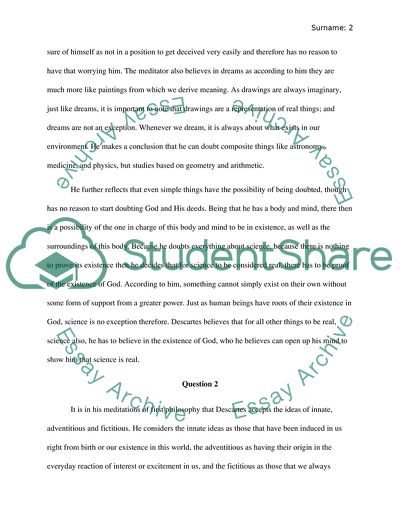Cite this document
(Meditations of Philosophy Essay Example | Topics and Well Written Essays - 1500 words, n.d.)
Meditations of Philosophy Essay Example | Topics and Well Written Essays - 1500 words. https://studentshare.org/philosophy/1848968-midterm-paper
Meditations of Philosophy Essay Example | Topics and Well Written Essays - 1500 words. https://studentshare.org/philosophy/1848968-midterm-paper
(Meditations of Philosophy Essay Example | Topics and Well Written Essays - 1500 Words)
Meditations of Philosophy Essay Example | Topics and Well Written Essays - 1500 Words. https://studentshare.org/philosophy/1848968-midterm-paper.
Meditations of Philosophy Essay Example | Topics and Well Written Essays - 1500 Words. https://studentshare.org/philosophy/1848968-midterm-paper.
“Meditations of Philosophy Essay Example | Topics and Well Written Essays - 1500 Words”. https://studentshare.org/philosophy/1848968-midterm-paper.


